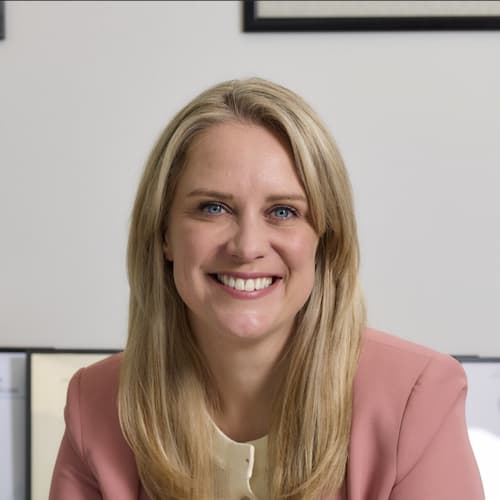

When your business is in financial trouble, it can feel isolating, overwhelming, and deeply personal. At Parker Walsh, we’ve supported hundreds of directors who’ve faced sleepless nights, difficult conversations, and seemingly impossible decisions. The truth is - you’re not alone - there are always options.
That’s why we’ve launched our Director’s Diary series. To share the kinds of situations real directors face every day, and how professional insolvency advice can provide a clear path forward.
Many directors delay seeking help because they feel embarrassed, ashamed, or think they need to “fix it themselves.” But business challenges happen for all sorts of reasons: market changes, client issues, late payments, tax bills, or unexpected loss of revenue. Some businesses are profitable but still face cashflow issues - others carry unmanageable debts despite best efforts.
We’ve heard it all, and we’re here to reassure you: seeking advice is not failure - it’s leadership.
In most of the stories we share, the pressure didn’t happen overnight. It built gradually:
Eventually, something gives: HMRC issues a winding-up petition, a key supplier pulls out, or the bank refuses to extend credit. That’s often when directors contact us - but in many cases, they wish they’d reached out sooner.
The earlier you act, the more options you’ll have.
Here are just a few of the most common triggers we hear from directors:
Many directors continue trading longer than they should, hoping for a turnaround. But if your business can’t pay its debts as they fall due, you may be trading while insolvent - and that carries risks for you personally.
There’s a lot of fear and confusion around terms like liquidation, administration, or CVA (Company Voluntary Arrangement). We take time to explain the differences clearly, so you understand the pros and cons of each route.
It’s possible to be technically profitable on paper, but still suffer cashflow crises that bring everything to a halt. We help businesses understand their position and plan a way forward.
You might feel responsible for your staff, creditors, or family. But burying your head only makes the problem worse. By acting early, you can often protect jobs, reduce losses for creditors, and minimise personal risk.
When you speak to us at Parker Walsh, we’ll always listen first. There’s no “one-size-fits-all” solution - every business is different. But these are some of the formal options we may explore with you:
➤ Creditors’ Voluntary Liquidation (CVL)
A structured way to close a business that can no longer trade, write off remaining debts, and allow directors to move on. This is one of the most common and effective routes when a company is insolvent.
➤ Company Voluntary Arrangement (CVA)
Allows a business to keep trading while paying creditors through an agreed plan. Suitable for companies with a viable core business and creditor support.
Protects a company from legal action while restructuring or selling parts of the business. Often used to preserve value or jobs.
➤ Members’ Voluntary Liquidation (MVL)
For solvent businesses that are ready to close in a tax-efficient way. Common for retiring directors or companies that have served their purpose.
At Parker Walsh, we’re known for our personal, straightforward approach. We meet with you in person or over video to understand your unique position. We then offer practical, tailored advice - not a sales pitch.
Our job is to lift the weight off your shoulders and help you move forward - whether that means closing your company responsibly or creating a rescue plan.
Many directors fear that insolvency is the end of the road. In reality, it’s often just a turning point.
We've supported directors who have:
We help you close the current chapter with dignity - and prepare for what comes next.
Book your free insolvency advice session with Molly, our Licensed Insolvency Practitioner.
We’re here to help - without judgment, pressure, or jargon.
Parker Walsh - Helping directors move forward.

I am Molly Monks, a licensed insolvency practitioner at Parker Walsh. I have over 20 years of experience helping directors with the financial struggles they may face. I understand that it can be overwhelming and stressful, so I offer practical straightforward advice, which is also free and confidential. I spend time with directors to get a good understanding of their business and their goals, therefore providing the best tailored advice possible.
Email: molly@parkerwalsh.co.uk
Phone: 0161 546 8143
WhatsApp: 07822 012199
